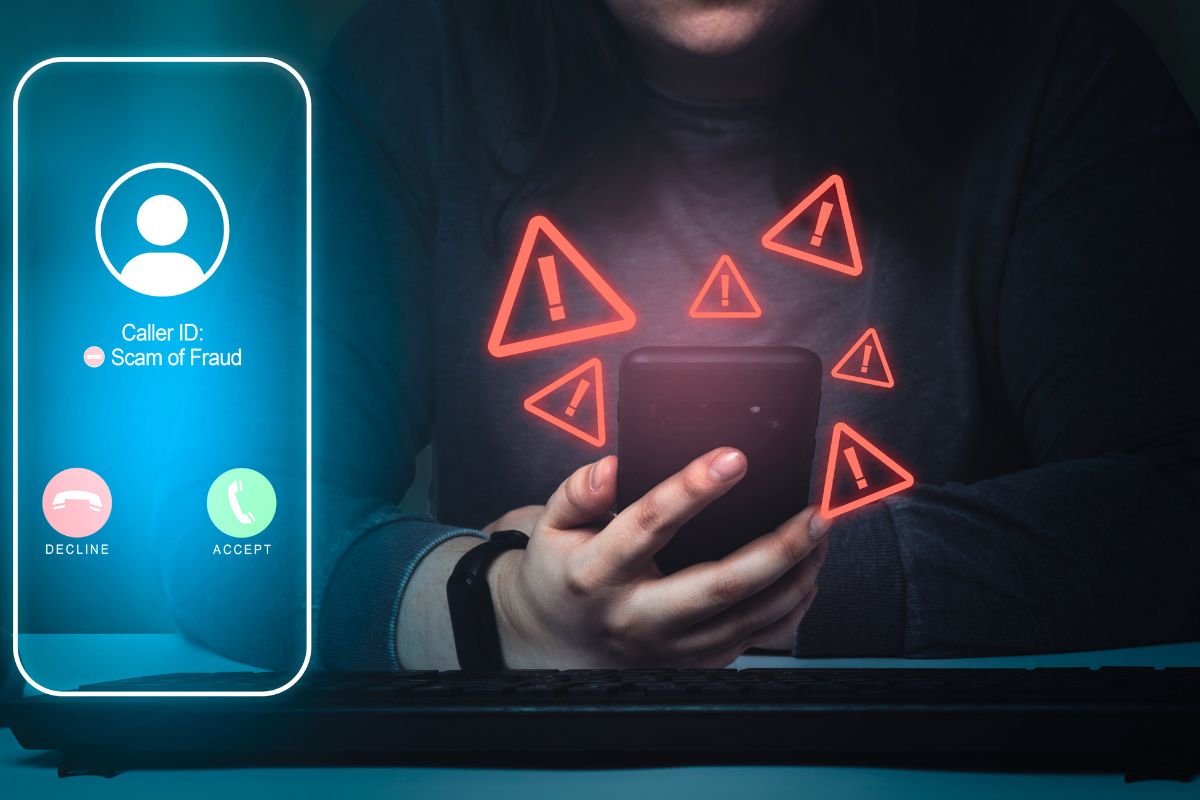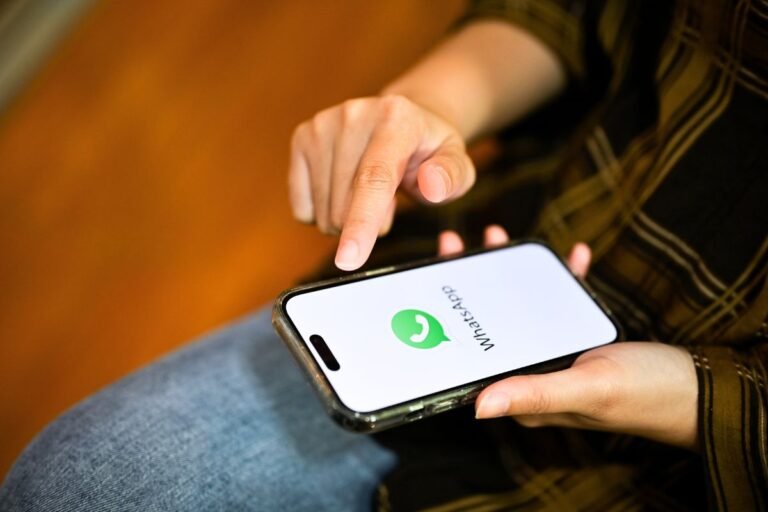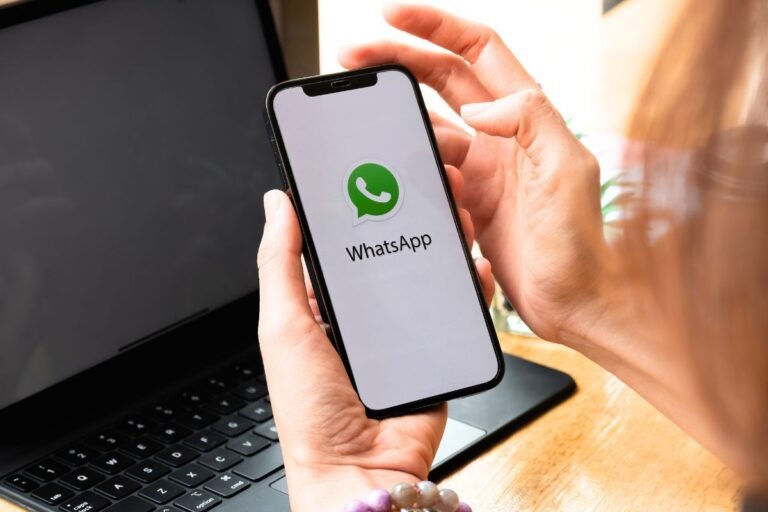- A simple WhatsApp call could drain your bank account — here’s how scammers do it - September 1, 2025
- This everyday drink accelerates aging — science explains why - August 31, 2025
- How to hide the “seen” checkmarks on your WhatsApp messages - August 30, 2025
It looks like a normal WhatsApp call — maybe even a helpful one. A supposed bank representative offers assistance with a “blocked transaction” or a “security issue.” But behind this friendly voice hides a scam so effective it can wipe out your bank account in minutes.
What is the WhatsApp screen-sharing scam?
The fraud, known as “WhatsApp Screen Mirroring Fraud,” tricks victims into sharing their smartphone screen during a video call. Posing as bank employees, tech support, or staff from well-known companies, scammers claim they need access to fix an issue or process a reward.
The moment screen sharing is activated, the criminal sees everything: your banking apps, login credentials, one-time passwords (OTPs), PIN codes, and even private documents or chats. In seconds, they can drain accounts or take over digital wallets.
How the scheme works
Investigations and victim reports show that this scam follows a predictable pattern:
- Trust bait — The caller introduces themselves as a trusted financial professional and creates urgency with a fake problem or offer.
- The trap — They convince the victim to enable screen sharing, sometimes sending a link or code that installs spyware.
- The live theft — While you type in passwords or OTPs, the scammer records every detail in real time.
- Alternative methods — Some go further, pushing victims to install malicious apps or hidden keyloggers, which track every keystroke.
- Exploitation — With the stolen data, criminals initiate fraudulent transfers, hijack accounts, or commit full identity theft.
Why it’s so dangerous
WhatsApp is one of the world’s most widely used messaging apps, which makes it a prime target. Financial institutions have reported thousands of complaints linked to this scam in just a few months. Even though many banking apps block screenshots or add secure layers, none of these protections matter once the user willingly shares their screen.
How to protect yourself
The best defense is vigilance. Security experts recommend these golden rules:
Do this:
- Always verify the identity of callers using your bank’s official contact numbers.
- Use screen sharing only with trusted friends or family, and only when absolutely necessary.
- Keep your phone’s system and apps updated.
- Enable two-factor authentication on banking and messaging apps.
Never do this:
- Don’t share your screen with anyone claiming to be from your bank.
- Avoid clicking unknown links or downloading apps from outside official stores.
- Never use banking apps while screen sharing.
- Don’t give in to pressure — scammers thrive on urgency and fear.
A warning worth sharing
Elderly people and those less familiar with technology are often the easiest targets, but anyone can be fooled in a moment of panic. Talking about these scams openly with friends and family is one of the simplest ways to prevent more victims.
Because in the end, protecting your finances isn’t just about better passwords — it’s about knowing that sometimes, the most dangerous threats come disguised as a friendly voice on the other end of a call.







